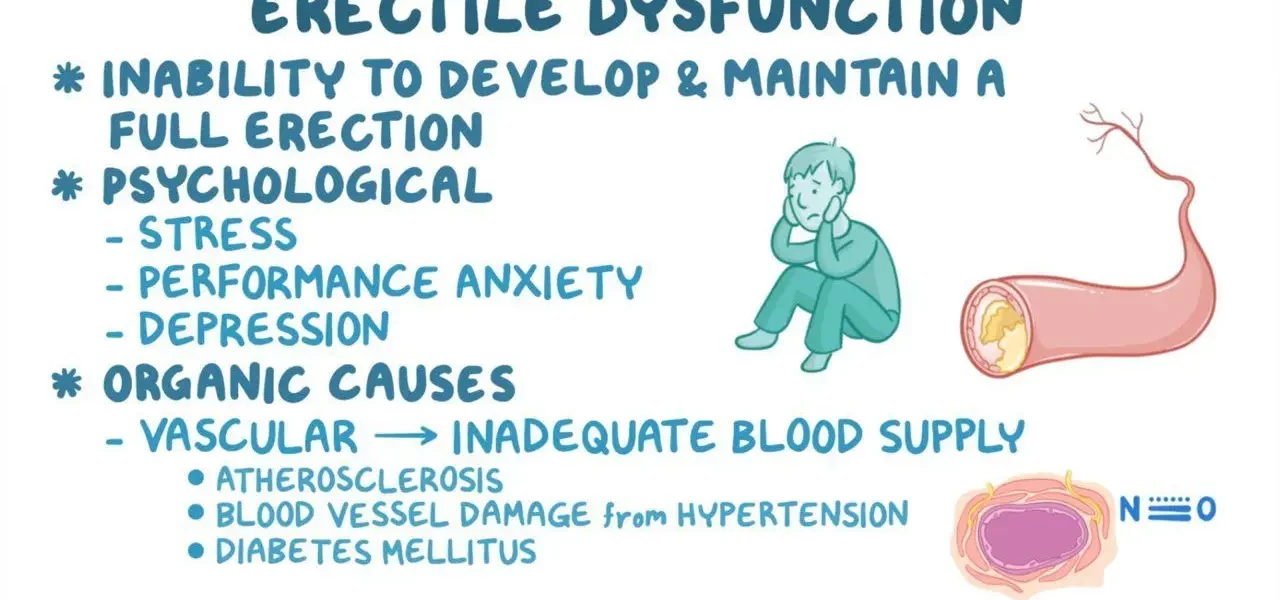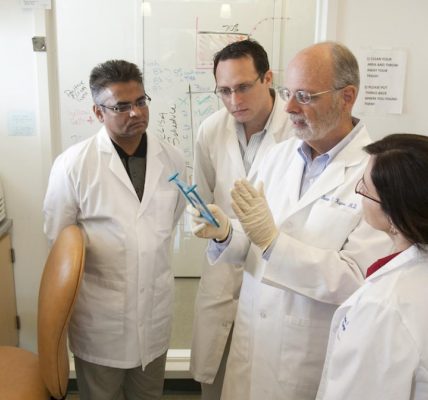Erectile dysfunction (ED) is a common condition that affects many men, particularly as they age. It’s characterized by the inability to achieve or maintain an erection sufficient for sexual intercourse.
Causes of Erectile Dysfunction
- Physical Factors:
- Cardiovascular disease
- Diabetes
- High blood pressure
- High cholesterol
- Obesity
- Nerve damage
- Hormonal imbalances
- Psychological Factors:
- Stress
- Anxiety
- Depression
- Relationship problems
- Performance anxiety
Treatment Options
- Lifestyle Changes:
- Healthy Diet: Eating a balanced diet can improve overall health, including sexual function.
- Regular Exercise: Physical activity can help improve blood flow and reduce stress.
- Weight Management: Maintaining a healthy weight can improve sexual function.
- Stress Management: Techniques like meditation and yoga can help reduce stress and anxiety.
- Limit Alcohol and Tobacco: Excessive alcohol consumption and smoking can negatively impact sexual function.
- Medications:
- Phosphodiesterase-5 (PDE-5) Inhibitors: Medications like Viagra, Cialis, and Levitra can help relax blood vessels in the penis, improving blood flow and enabling erections.
- Hormone Replacement Therapy:
- In some cases, low testosterone levels can contribute to ED. Testosterone replacement therapy may be considered.
- Penile Implants:
- A surgical option for men who haven’t responded to other treatments. Penile implants are devices that can be inflated to produce an erection.
- Vacuum Erection Devices:
- A non-invasive device that creates an erection by drawing blood into the penis.
- Psychological Counseling:
- For men with psychological factors contributing to ED, therapy can help address underlying issues like anxiety and depression.
It’s important to consult with a healthcare provider to determine the underlying cause of ED and discuss the most appropriate treatment options. Open communication with your partner can also help alleviate stress and anxiety, which can contribute to ED.




